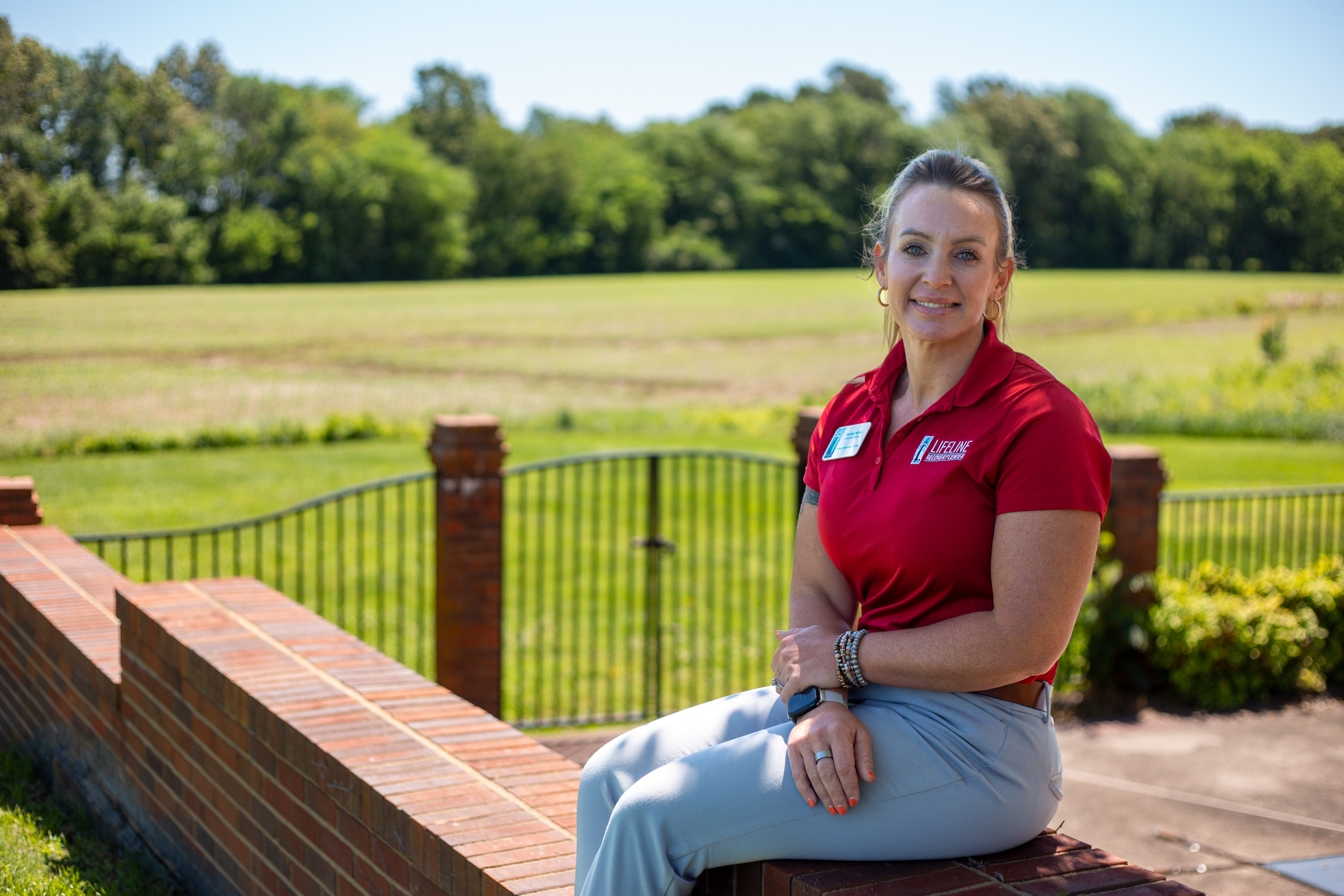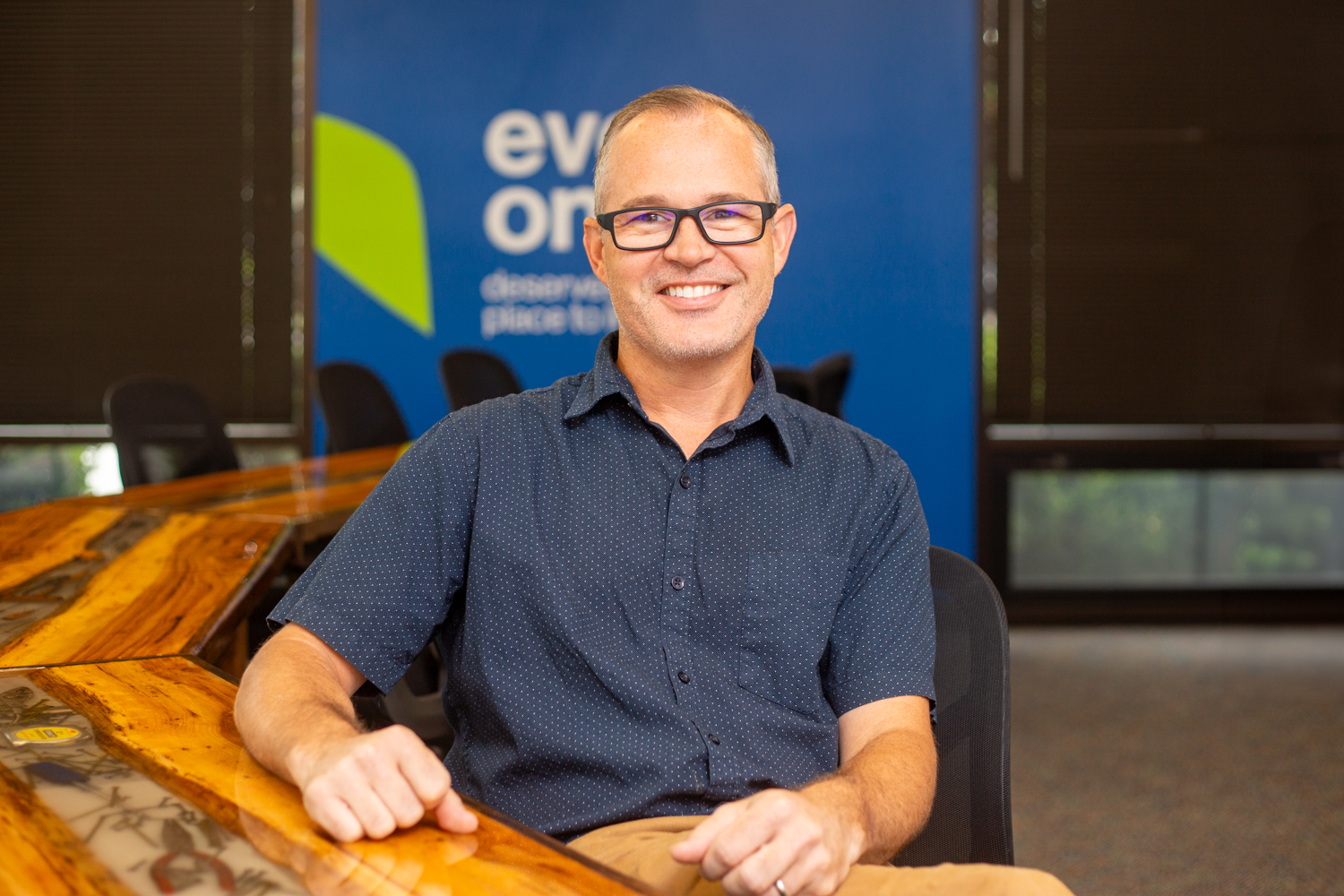
Bridging the Gap Between Vision and Reality
When Jeremy Stephens took the helm at Habitat for Humanity, Owensboro-Daviess County, his board had a bold challenge for him: stop building homes one by one and start thinking like other high-capacity Habitat affiliates—build entire neighborhoods. The ambition was clear, but the funding sources were not.
“We had the land,” Jeremy says. “But we didn’t have the money to put in the infrastructure—sewers, water lines, sidewalks, roads. All of that.” It was the kind of gap that stalls bold visions in small towns.
That kind of leap, from one house at a time to a full neighborhood, often lives or dies on whether local groups can secure match funding for federal grants. In 2024, a new tool emerged to help make those leaps possible: Kentucky’s GRANT Program, a statewide match fund championed by Grant Ready Kentucky, a nonprofit working to remove barriers to funding in rural communities.
For Jeremy, discovering that fund would prove to be the turning point.
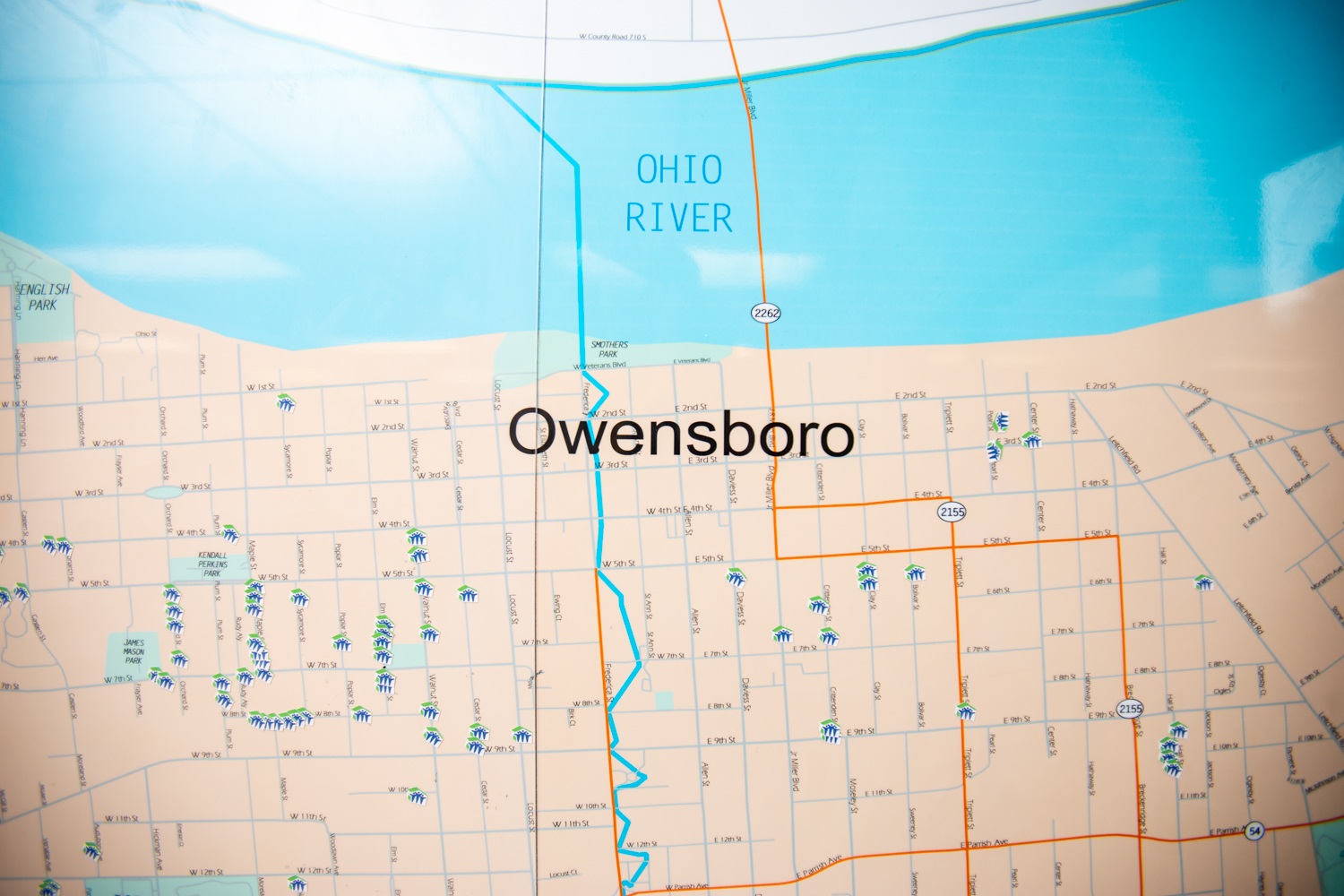
A Small-Town Partnership with a Big Impact
That turning point came through the Green River Area Development District (GRADD), which Jeremy credits with helping connect the dots at just the right moment. “They were the ones that found the grant for us,” he says. “And I didn’t even know about the GRANT Program process. Without GRADD, we never would have even known about it.”
GRADD introduced Jeremy to the newly launched GRANT Program, a state-sponsored fund designed to help local governments and nonprofits like Habitat bridge the high-cost match requirements that often block access to federal dollars. The fund exists today because of the behind-the-scenes advocacy work of Grant Ready Kentucky, whose push in Frankfort helped secure $200 million in state dollars to make hundreds of projects like this one possible.
For Jeremy, the discovery reshaped his vision for the future. “We had raised a million dollars already,” he says. “So it seemed like another $100,000 was probably insurmountable after getting that much. I had tapped everybody I could tap. Reaching out to GRADD changed everything. It made it seem possible.”
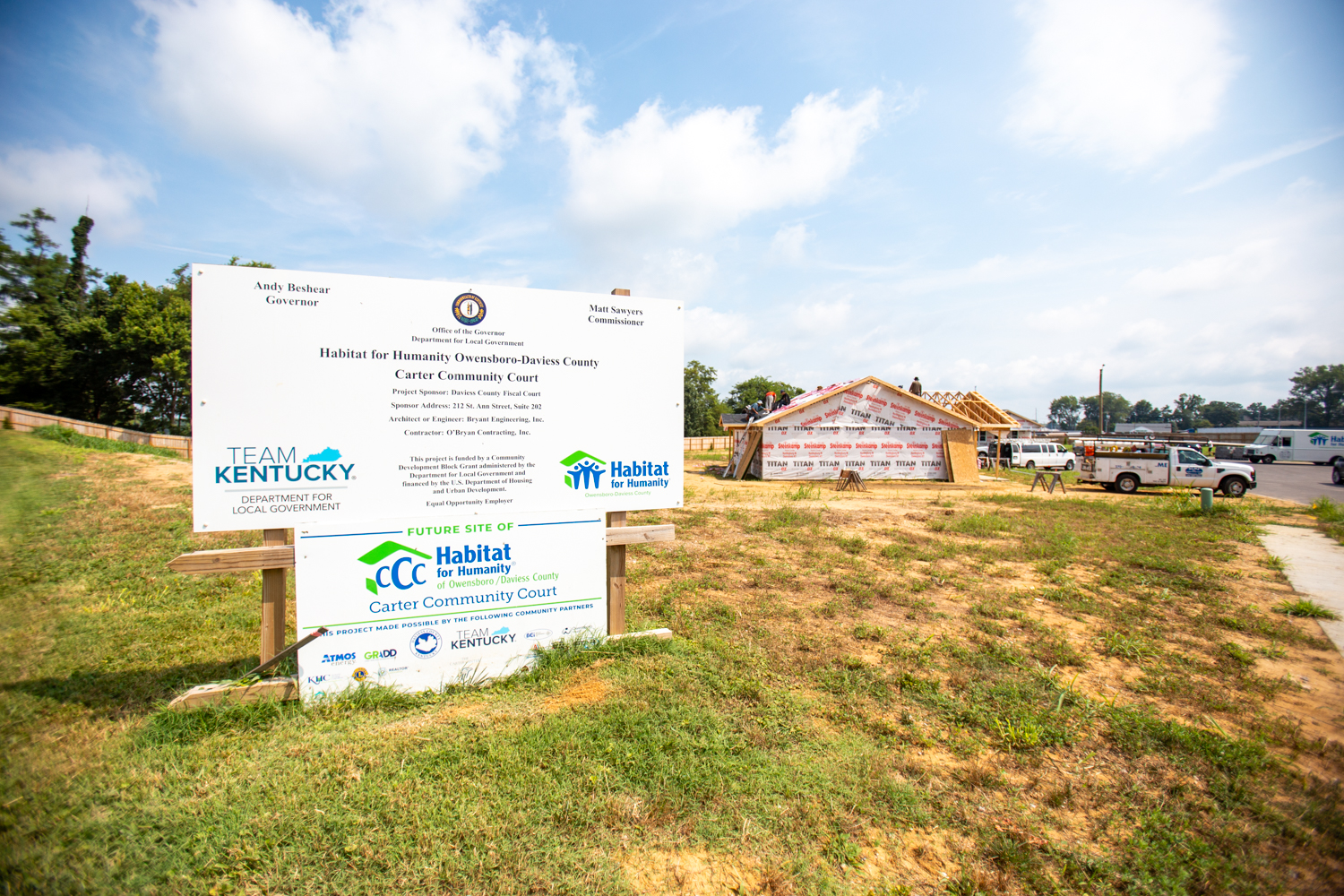
The Match That Made Momentum Possible
Habitat secured roughly $100,000 in match funding from the GRANT Program, just enough to close the gap in infrastructure funding and bring their project to life. “Those funds were crucial because they made up that gap shortage that we had in the interim when we got from, ‘We want to do this,’ to, ‘Let’s do this.’”
Today, thanks in part to those match funds, the organization has five homes under construction, with five more on the way. “Habitat is out there building houses right now and doing what they do best—not mired down in fundraising, but building ten at a time.”
Without the GRANT Program, Jeremy says, the work would have been delayed indefinitely. “It would have been possible, but it wouldn’t have been possible right now. We would have postponed the subdivision, pushed back the start date, and still been building one house at a time, serving fewer people.”
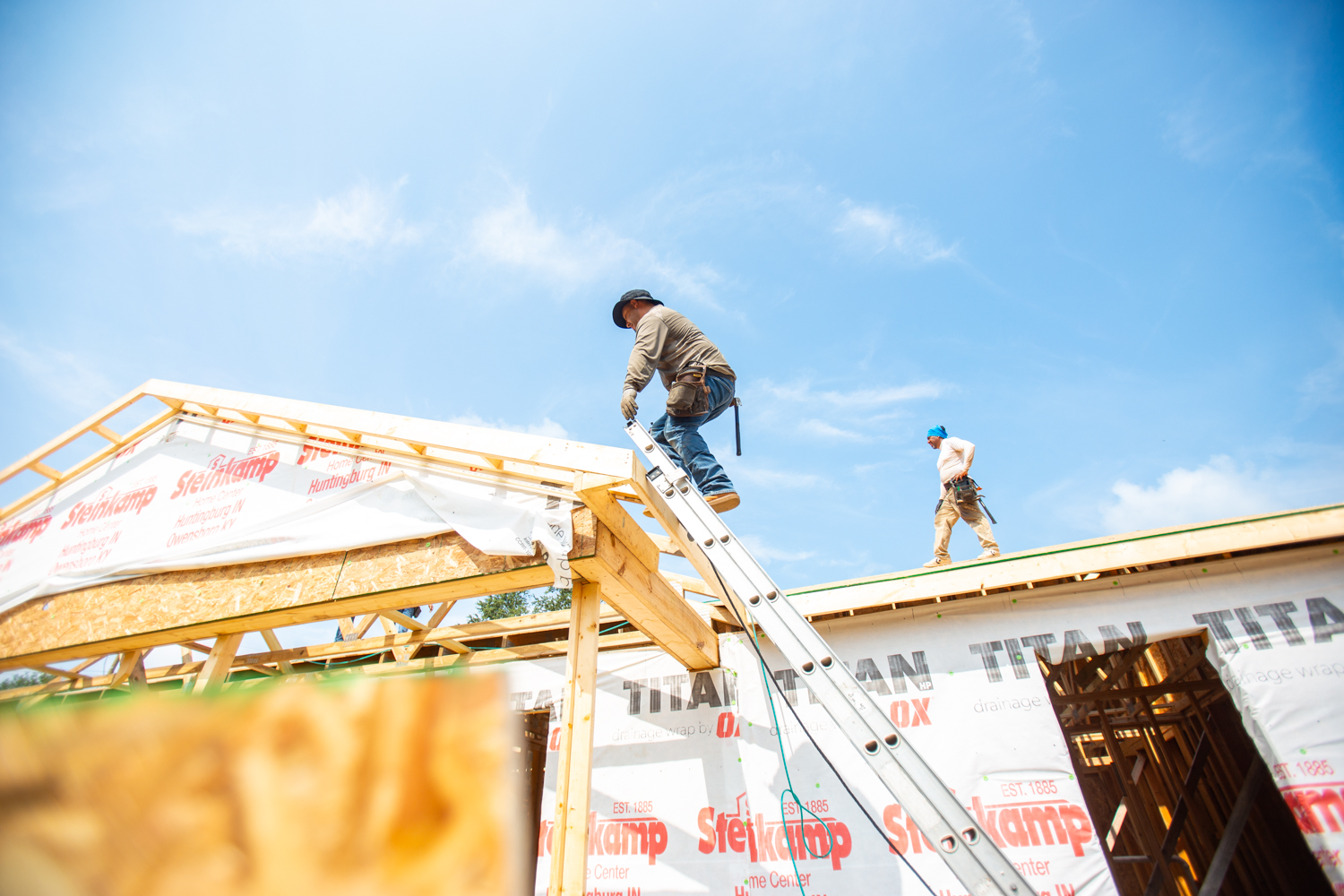
Full Circle in the Field
Perhaps the most powerful moment came not from behind a desk, but out on the worksite. Jeremy was watching contractors install sewer lines when one of the workers struck up a conversation. “He said, ‘I see you out here a lot. What do you do?’ And I was like, ‘I’m the director of Habitat. This is our neighborhood.’”
The worker had never heard of Habitat. When Jeremy explained the mission, the man realized he qualified. “Sure enough, he put an application in and he absolutely qualified for a Habitat house and is in the program now. He won’t get a house out there, but we’re already identifying another property.”
“That was a really cool moment,” Jeremy said. “This guy helped build houses for people so that somebody can help him build a house later on.”
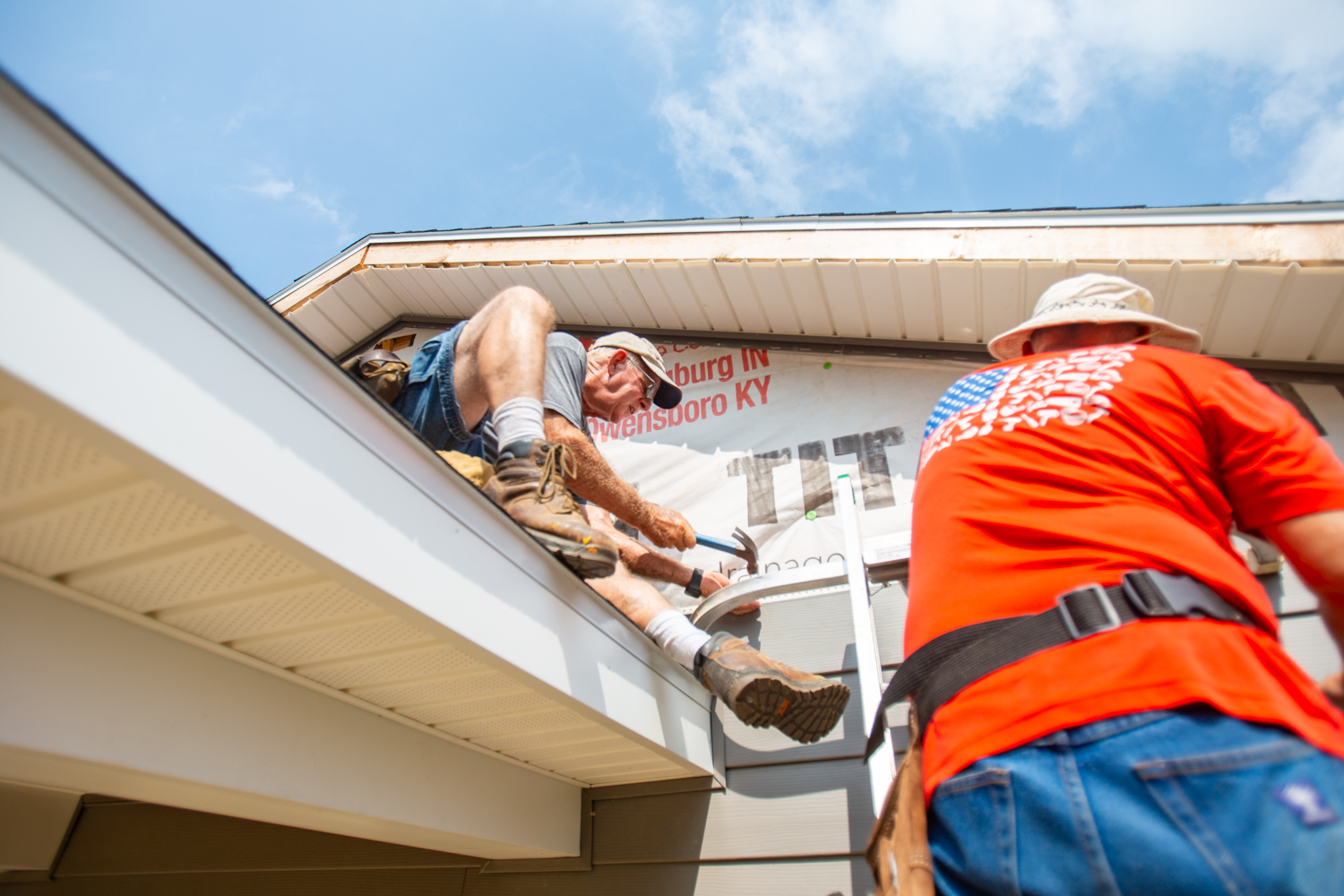
A Message to Legislators: Let Us Keep Building
With the 2026 state budget cycle approaching, Jeremy hopes lawmakers continue, and expand, their investment in the GRANT Program. “I would say that nonprofits and their roles in the community, specifically those in human services, are crucial to the citizens of the Commonwealth. And funds like this are lifelines to the missions we are trying to fulfill.”
And would Habitat use GRANT Program dollars again? “Oh, if they’re budgeted, legislators, hear me: we will use them! And I’m biased for sure, but I can’t think of a better way to use it than affordable housing.”

